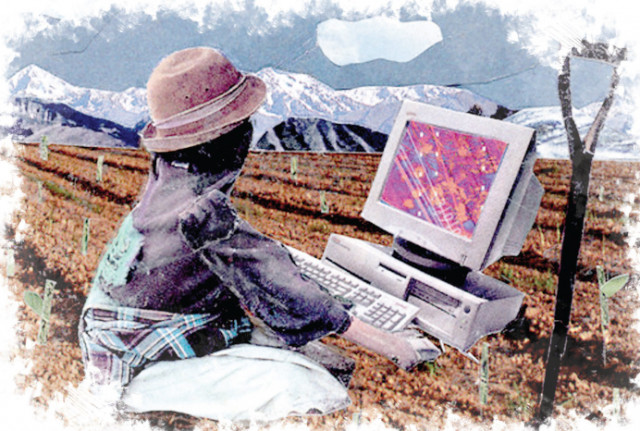Agro-research: WPEP focusing on innovation
Progressive farmers of the country should be prepared for exchange of new knowledge, said PARC Chairman

The Wheat Productivity Enhancement Programme (WPEP) has provided an opportunity of global science in Pakistan by giving funds, training young scientists and developing agriculture infrastructure, said Pakistan Agricultural Research Council (PARC) Chairman Dr Iftikhar Ahmad.
Addressing the inaugural session of the two-day Annual WPEP Review Meeting 2014 in Islamabad, he asked research institutions to improve wheat, maize and other crops production, and scientists to bring innovation in crop varieties to enhance agricultural production and make better utilisation of Rod Kohi water.
“Progressive farmers of the country should be prepared for close coordination and exchange of new knowledge. Policymakers must work for water storage .”
“With new wheat varieties, it is hoped that this meeting will be helpful in getting increased production in the cropping season 2014-15,” said PARC Member Dr Shahid Masood.
Published in The Express Tribune, September 13th, 2014.
Like Business on Facebook, follow @TribuneBiz on Twitter to stay informed and join in the conversation.



















COMMENTS
Comments are moderated and generally will be posted if they are on-topic and not abusive.
For more information, please see our Comments FAQ